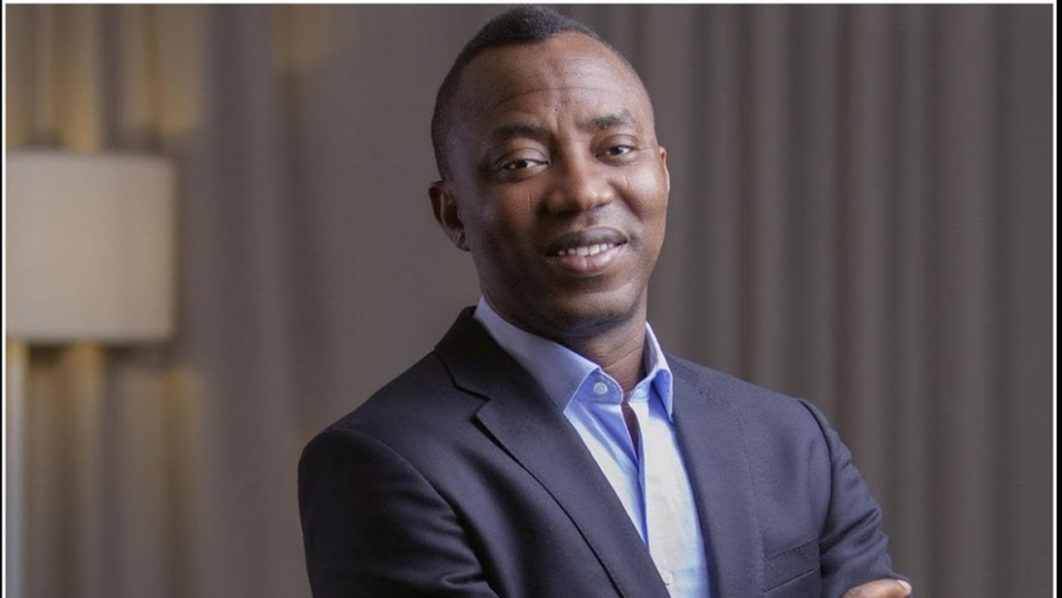
Lawyers to the #EndBadGovernance protesters have asked a High Court of the Federal Capital Territory (FCT) to vacate the ex-parte order it made restricting national protest to Moshood Abiola Stadium, Abuja.
Justice Sylvanus Oriji had on July 31, confined the protesters to the National Stadium to prevent a breakdown of law and order, as well as the destruction of lives and property in the nation’s capital, during the protest, an order which was extended on August 13, 2024.
Challenging the order, Omoyele Sowore, Damilare Adenola, Adama Ukpabi for “Takeitbackmovement” and Tosin Harsogba of Active Citizen Group argued that the court made the order without jurisdiction and in violation of the applicants’ fundamental rights.
The activists through their counsel, Inibehe Effiong, said the ex-parte order is a nullity and should be set aside. In asking the court to set aside the ex-parte order, Effiong argued that the interim injunctive orders granted by the court are unconstitutional and ultra vires.
“The said orders which restrained and restricted the protests called by 1 – 4 defendants/applicants to only Moshood Abiola Stadium in Abuja contravenes the sacred and cherished fundamental rights of the applicants to freedom of expression, peaceful assembly and association guaranteed by Sections 39 and 40 of the 1999 Constitution of Nigeria (as altered) respectHe further argued that the duty of the Nigeria Police, the Nigerian Security and Civil Defence Corps and other law enforcement agencies to provide adequate security to the applicants and other protesting Nigerian citizens was statutorily provided for in Section 83 (4) of the Nigeria Police Act 2020, Section 91 (3) of the Electoral Act, 2022 and other enabling laws.
He added that this duty is not geographically circumscribed by statute, and thus, cannot be limited or be localised to the Moshood Abiola Stadium in Abuja as ordered by this court.
Further, he contended that the writ of summons in the suit, along with the motion ex-parte, the motion on notice, and all other processes were filed by the claimant on July 31, 2024.
He argued that on the said day of July 31, 2024, when this matter was instituted, and when it also came up before the court for hearing, the High Court of the Federal Capital Territory, Abuja had proceeded on its 2024 yearly vacation in line with the directions of the Chief Judge of the Federal Capital Territory, as mandated by law.
He contended that by the mandatory provisions of Order 52 Rule 5 of the High Court of the Federal Capital Territory, Abuja (Civil Procedure) Rules 2018, the court may hear urgent matters during the yearly vacation subject to an application which shall be made by motion ex-parte.
Effiong argued that no leave or order was granted by the court to allow the hearing of the matter during the yearly vacation as stipulated by law, hence the matter did not come before the vacation Court by due process of law.
According to him, the claimant in its motion ex-parte dated July 30, 2024, and filed on July 31, 2024, did not pray for an order of interim injunction to restrain the defendants or the protesting applicants to the Moshood Abiola Stadium in the Federal Capital Territory, Abuja as ordered by this court on July 31, 2024.
He argued that being a superior court of record, and not being a Father Christmas, is bound by its records and the processes before it, including the specific reliefs sought by parties.
“The court also lacks the jurisdiction to amend the reliefs sought by the claimant or to grant reliefs not specifically sought by the claimant,” Effiong argued.






